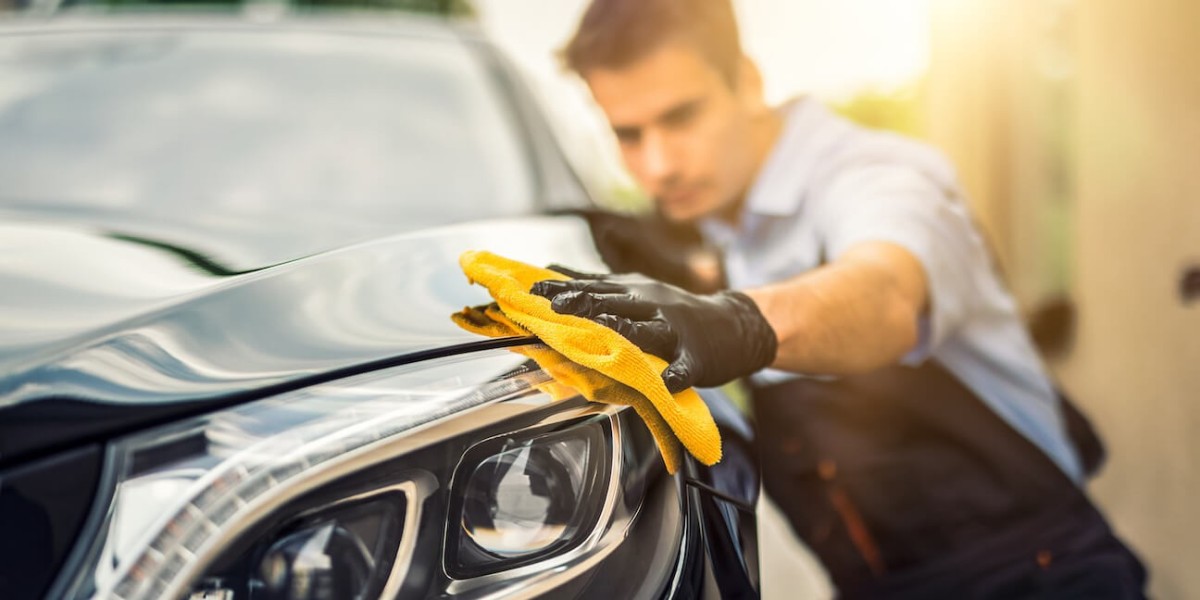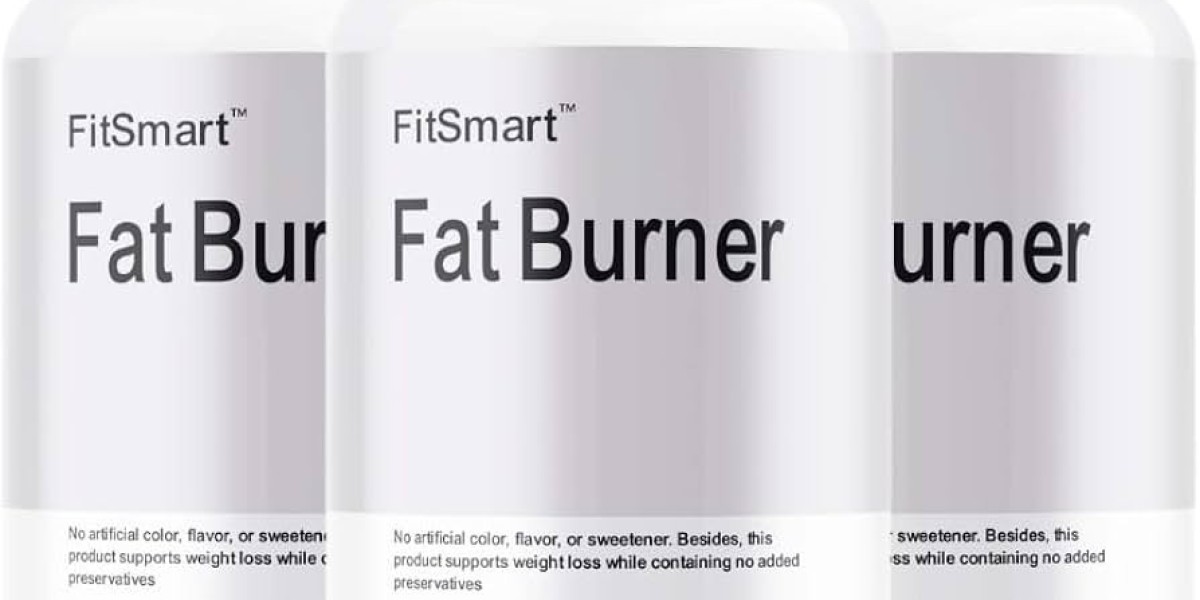What is Ceramic Coating?
Ceramic coating is a liquid polymer applied to the exterior surfaces of a vehicle. It chemically bonds with the factory paint, creating a durable protective layer. This coating is designed to repel water, dirt, and other contaminants, providing a strong defense against environmental damage.
Benefits of Ceramic Coating
1. Durability and Longevity
Ceramic coatings offer superior protection compared to traditional waxes and sealants. Once applied, they can last several years with proper maintenance, making them a cost-effective option in the long run.
2. Enhanced Gloss and Shine
Ceramic coatings provide a high-gloss finish that enhances the appearance of your vehicle. The slick surface reflects light beautifully, giving your car a deep, glossy look.
3. Hydrophobic Properties
One of the standout features of ceramic coating is its hydrophobic nature, meaning it repels water. This property allows water to bead up and roll off the surface, making it easier to clean and reducing the accumulation of dirt and grime.
4. Protection Against UV Damage
The coating protects your vehicle from harmful UV rays, which can cause paint fading and oxidation over time. This protection helps maintain the car's original color and finish.
5. Chemical Resistance
Ceramic coatings provide a barrier against harsh chemicals, bird droppings, tree sap, and other contaminants that can damage the paint. This resistance helps preserve your vehicle’s exterior.
The Ceramic Coating Application Process
1. Surface Preparation
Before applying ceramic coating, the vehicle must be thoroughly washed and decontaminated. This may involve:
- Washing: A thorough wash to remove dirt and grime.
- Clay Bar Treatment: This removes embedded contaminants and ensures a smooth surface.
- Polishing: If necessary, polishing can correct any paint imperfections, enhancing the final appearance.
2. Application of the Coating
The ceramic coating is applied in a controlled environment to avoid dust and debris contamination. This process includes:
- Applying the Coating: The liquid coating is applied to the surface using an applicator pad. It’s important to work in small sections to ensure even coverage.
- Curing Time: After application, the coating needs time to cure, which can take several hours. During this period, the vehicle should be kept in a dust-free environment.
3. Post-Application Care
After the coating has cured, some detailers may recommend an additional layer or a top coat for enhanced protection.
Maintenance After Ceramic Coating
1. Regular Washing
Use a pH-neutral car shampoo and soft wash mitts to clean the vehicle. Avoid harsh chemicals or automatic car washes that could compromise the coating.
2. Drying
Always dry the vehicle with microfiber towels to prevent water spots. This step is crucial for maintaining the coating’s hydrophobic properties.
3. Avoid Abrasive Materials
Steer clear of abrasive sponges or brushes that could scratch the surface. Gentle cleaning is key to preserving the coating.
4. Periodic Inspections
Regularly inspect the vehicle for any signs of contamination or damage. If necessary, a decontamination wash can help restore the coating’s effectiveness.
5. Reapplication of Maintenance Products
Some ceramic coatings come with maintenance products designed to enhance and prolong the coating's life. Following the manufacturer’s recommendations can help maintain the protective layer.
Conclusion
Ceramic Coating is an excellent investment for those looking to protect their vehicle's paint and enhance its appearance. With its durable, hydrophobic properties and resistance to environmental damage, it provides long-lasting protection. By understanding the application process and following proper maintenance practices, you can ensure that your vehicle remains stunning and protected for years to come.










